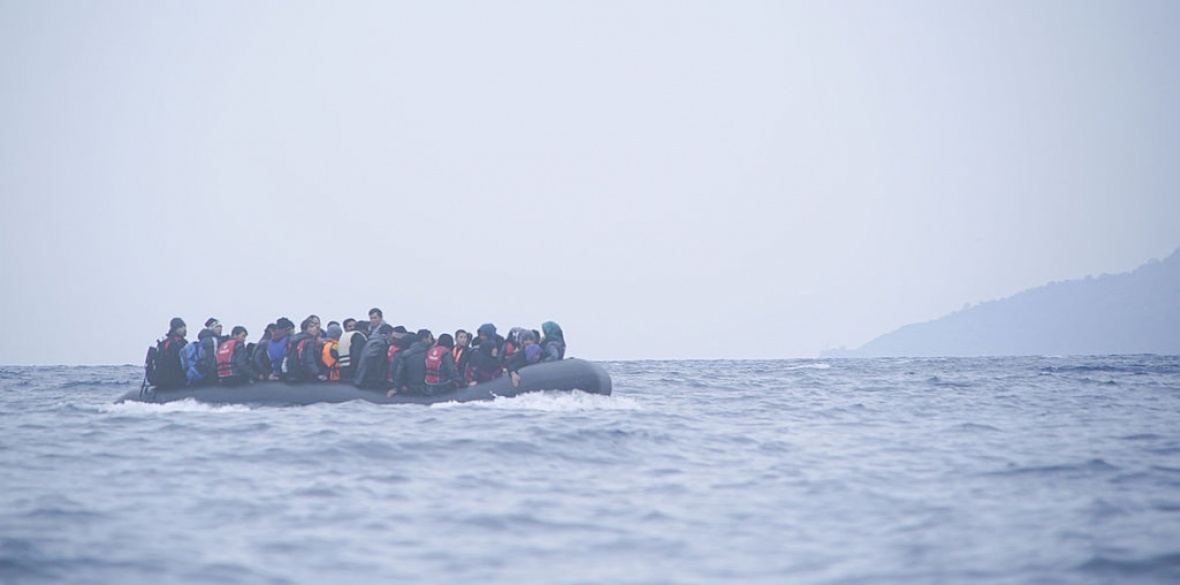This is the last article you can read this month
You can read more article this month
You can read more articles this month
Sorry your limit is up for this month
Reset on:
Please help support the Morning Star by subscribing here
TWO migrants remained in critical condition after having spent several days adrift in the Mediterranean sea, the UN’s refugee agency (UNHCR) reported this morning.
Alarm Phone, an independent support service for people crossing the Mediterranean to Europe, was first contacted by what is believed to be the same boat on September 27.
The approximately 60 people on board told the activist network that its engine was not working and that they had left Mistrata two days earlier.
A spokeswoman for Alarm Phone told the Star today that it had repeatedly attempted to contact the EU-funded Libyan Coastguard (LCG) for the past two days but they were unresponsive.
“The LCG is often unreachable,” an Alarm Phone spokeswoman said. “We also contacted Italy and Malta’s coastguards and EU Navfor Med [the European Union Naval Force Mediterranean, also known as Operation Sophia].
“Our last contact with the boat was [2am] last night. And in all this time the people were in terrible distress.
“The European authorities kept denying their responsibility for intervention. They said the LCG was responsible and that we should contact them.
“Today we heard from different sources that the boat had been rescued by the LCG eventually. And, according to the UNHCR Libya, they disembarked in Libya this morning.”
The NGO said the EU and LCG’s slow response to the tragedy was reflective of the way they respond to migrant distress calls.
“For two days the European authorities were aware of the situation and didn’t take any action. This is the EU-Libyan policy of non-assistance, which is actively letting people drown at sea. They know that people are drowning and they decide not to intervene.
“Libya is not a safe country. It is a country at war. The EU’s co-operation with Libya is not working.
“Returning people to Libya is sending them back to war to detention centres where it has been documented that torture is going on and women are being raped.
“We oppose this policy and think people should never been returned to Libya. People should be brought to a safe port.
“We think it is the responsibility of Europe to react to these distress calls especially when the LCG does not respond.”

 Ben Cowles
Ben Cowles








